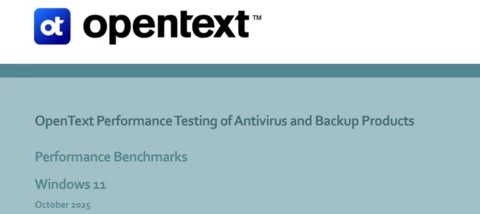- Home
- Community overview
- Welcome
Welcome
News, Announcements, Tech Discussions
8495 Topics
ProTruckDriverModerator
posted in Tech Talk
TripleHelixModerator
posted in Tech Talk
ProTruckDriverModerator
posted in Tech Talk
ProTruckDriverModerator
posted in Tech Talk
ProTruckDriverModerator
posted in Tech Talk
ProTruckDriverModerator
posted in Tech Talk
ProTruckDriverModerator
posted in Tech Talk
TripleHelixModerator
posted in Tech Talk
ProTruckDriverModerator
posted in Tech Talk
TylerMSr. Security Analyst & Community Manager
published in News & Announcements
ProTruckDriverModerator
posted in Tech Talk
ProTruckDriverModerator
posted in Tech Talk
ProTruckDriverModerator
posted in Tech Talk
ProTruckDriverModerator
posted in Tech Talk
ProTruckDriverModerator
posted in Tech Talk
ProTruckDriverModerator
posted in Tech Talk
ProTruckDriverModerator
posted in Tech Talk
ProTruckDriverModerator
posted in Tech Talk
ProTruckDriverModerator
posted in Tech Talk
ProTruckDriverModerator
posted in Tech Talk
ProTruckDriverModerator
posted in Tech Talk
ProTruckDriverModerator
posted in Tech Talk
ProTruckDriverModerator
posted in Tech Talk
ProTruckDriverModerator
posted in Tech Talk
ProTruckDriverModerator
posted in Tech Talk
Badges
 jreddochhas earned the badge Posted 50 comments!
jreddochhas earned the badge Posted 50 comments! SXR6has earned the badge Product Help: Posted 100 comments!
SXR6has earned the badge Product Help: Posted 100 comments! jhartnerd123has earned the badge News: Posted 10 comments!
jhartnerd123has earned the badge News: Posted 10 comments! SXR6has earned the badge Posted 100 comments!
SXR6has earned the badge Posted 100 comments! Tarnakhas earned the badge Most Wanted
Tarnakhas earned the badge Most Wanted
Join the Conversation
Login to the community
No account yet? Create an account
Enter your E-mail address. We'll send you an e-mail with instructions to reset your password.
Scanning file for viruses.
Sorry, we're still checking this file's contents to make sure it's safe to download. Please try again in a few minutes.
OKThis file cannot be downloaded
Sorry, our virus scanner detected that this file isn't safe to download.
OK




